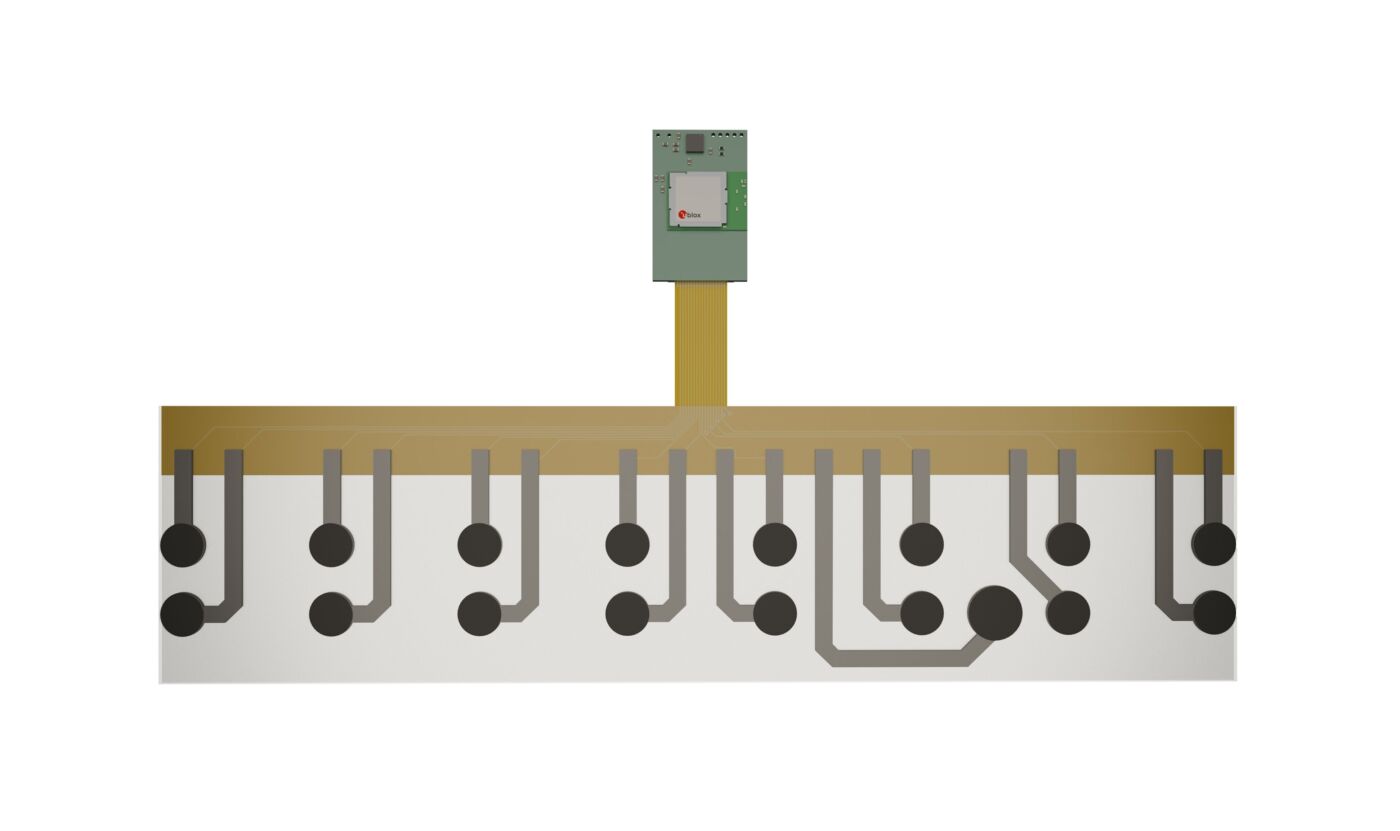
|
|
# 2024 Smart Sleeve |
|
Addressing the challenge of monitoring and treating Obsessive-Compulsive Disorder (OCD), where nearly 40% of patients do not respond to traditional therapies. The solution is a wearable device using MXene electrodes to detect compulsive behaviour by capturing high-quality neuromotor signals from the forearm. The data is processed through a machine-learning algorithm, which identifies OCD with 80% accuracy. This innovation has the potential to enhance treatment outcomes by integrating it into closed-loop Deep Brain Stimulation systems, offering a more precise therapeutic approach
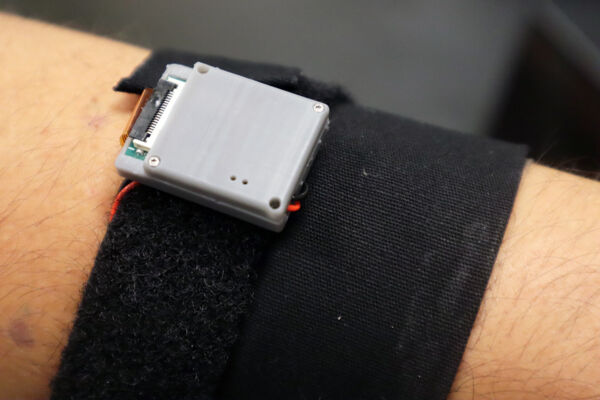
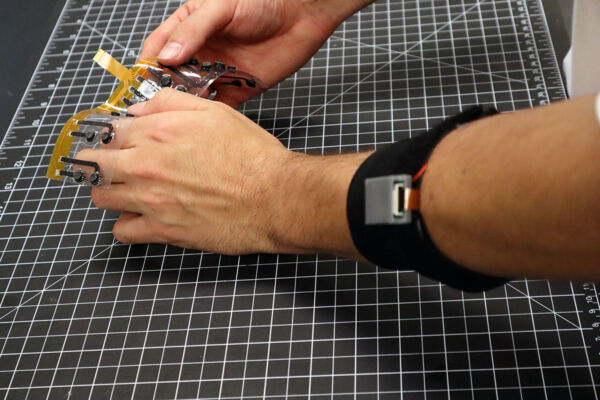
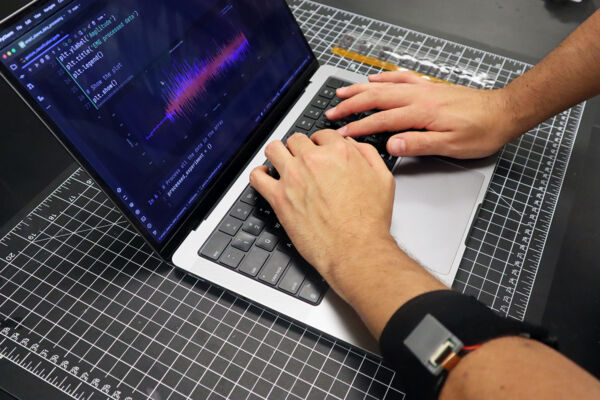
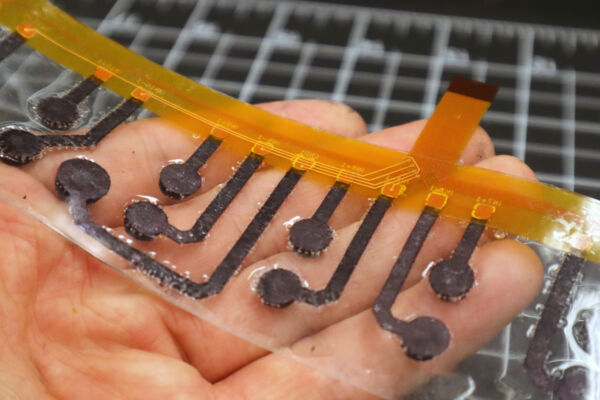
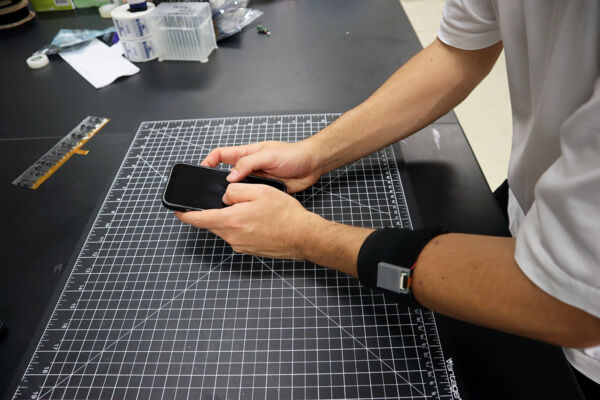
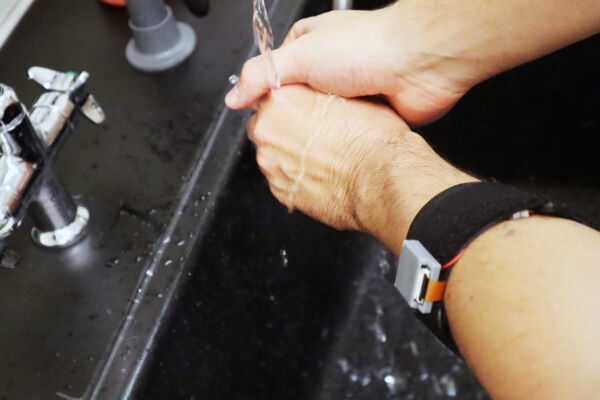
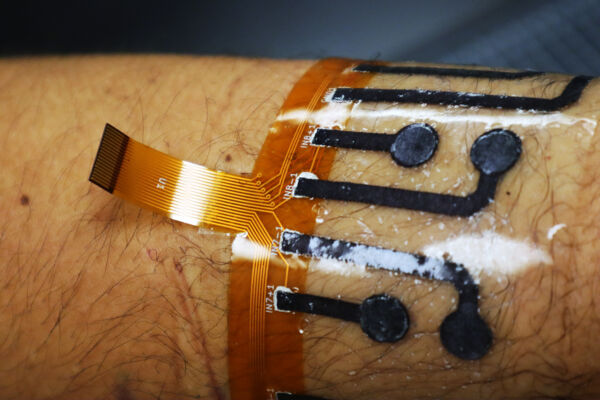
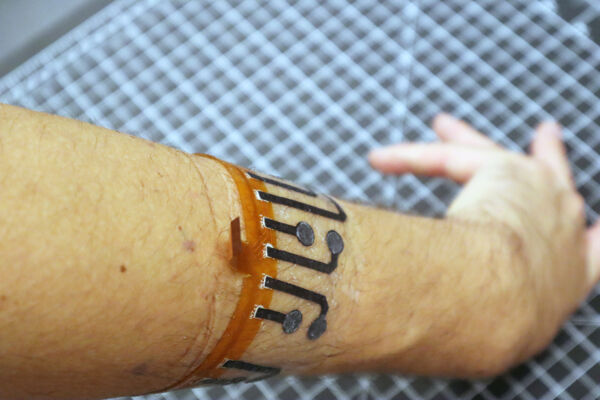
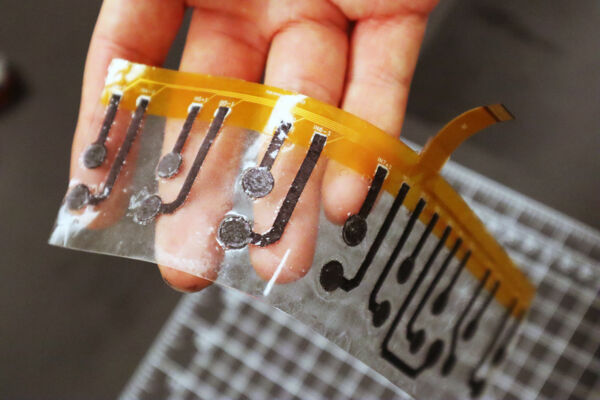
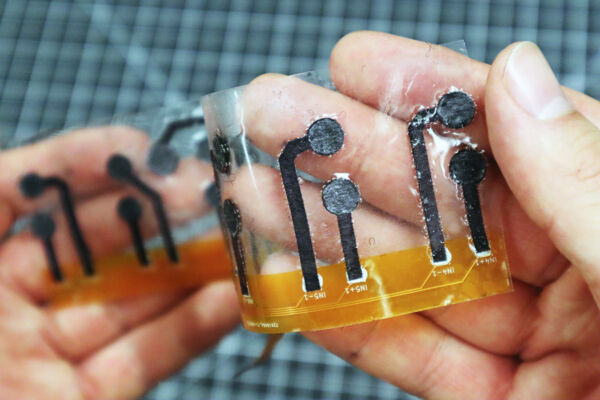
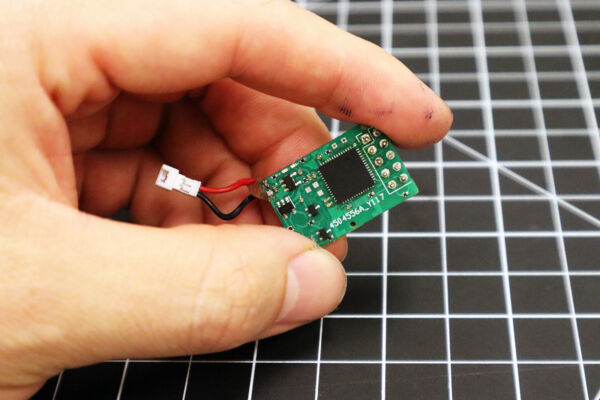
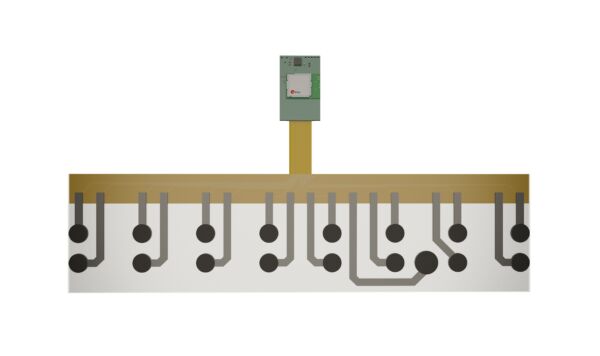

Nanyang Technological University
Targeted antimicrobial treatment for resistant infections

Early detection and non-invasive correction of breech pregnancies